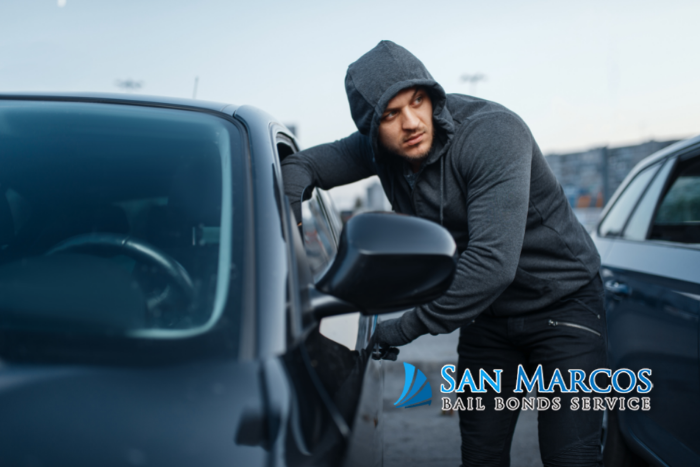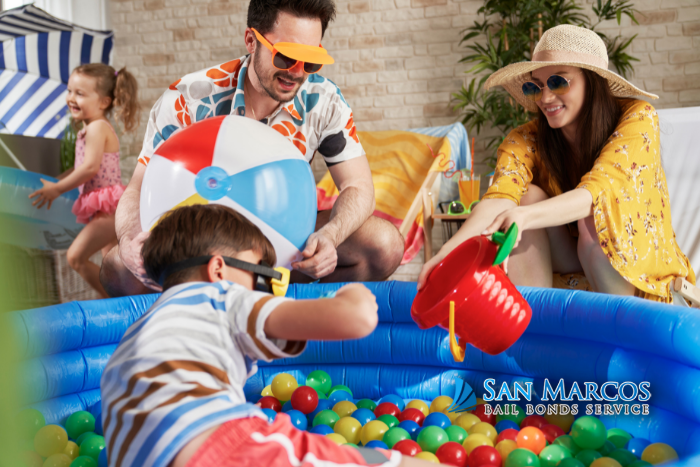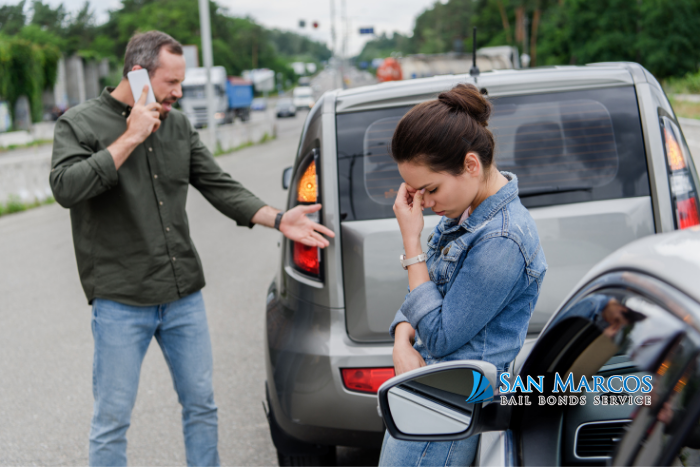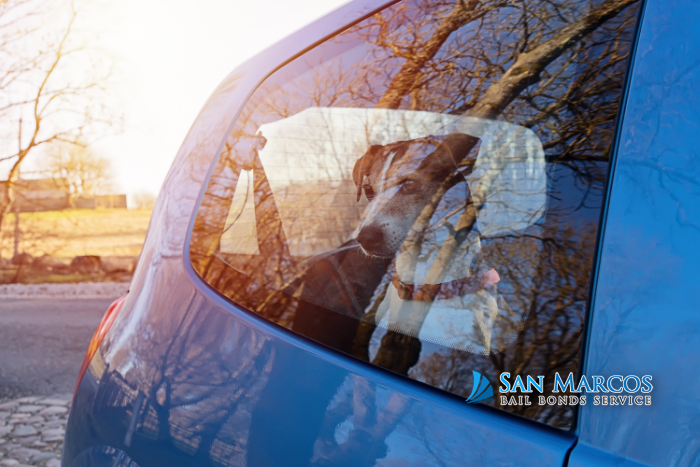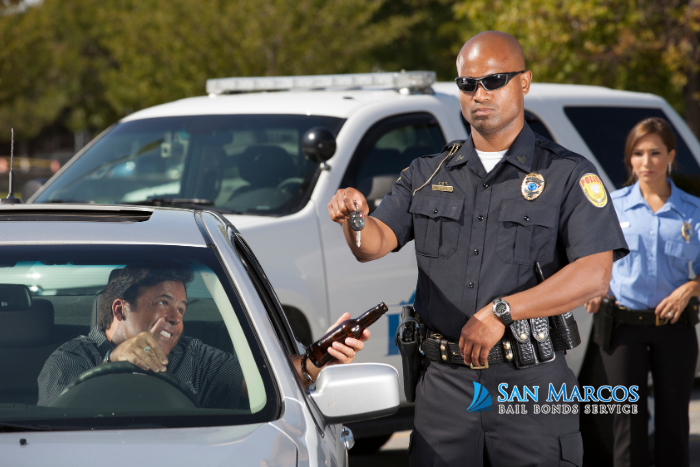Drinking on California’s Beaches
Summer is finally here. For many of us, that means long, lazy weekends and evenings at our favorite beaches. We can’t get enough sun, sand, and surf. The big question is, can you bring a cooler full of beer to your favorite California beach? The answer varies depending on which beach you’re going to. If you’re in San Diego, the answer is no. The beaches have a strict, no-alcohol policy. Many state park beaches also prohibit alcohol, though some will allow you to pop a top. The California state beaches where you can drink are:- Carmel Beach, Monterey County
- Descanso Beach Club
- Doheny State Beach, Orange County
- Point Reyes National Seashore, Marin County
- Paradise Cove, Malibu, Los Angeles County






